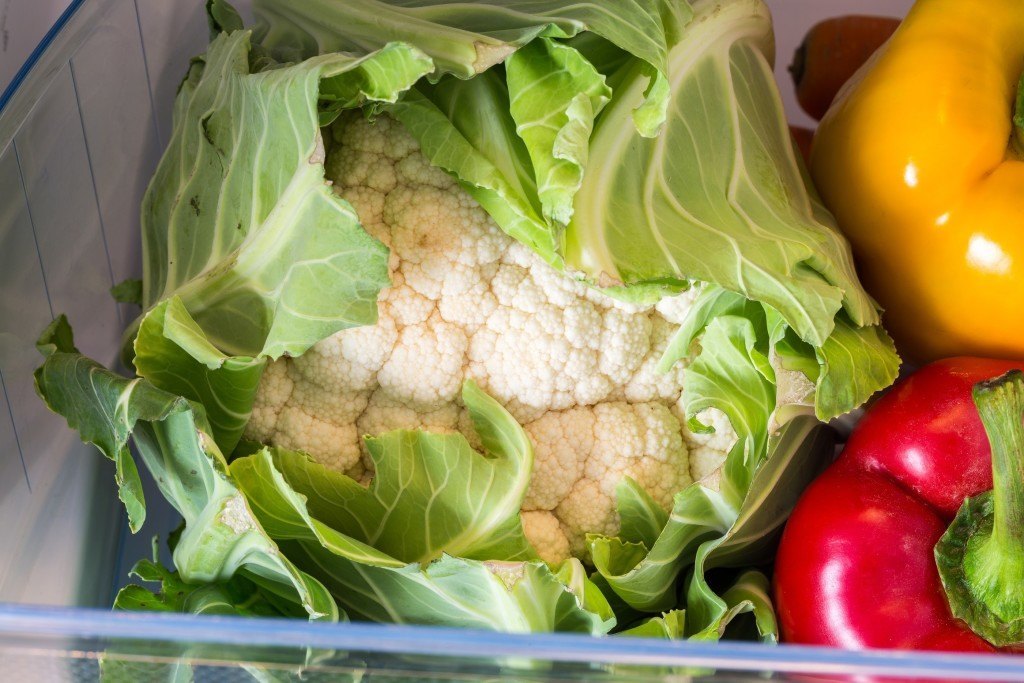Refrigerator Refresh!
Spring is in the air and it’s the perfect time for a refrigerator refresh! When we think of spring-cleaning we usually think of closets and turning over our winter wardrobe to our more desirable warming weather clothing. However, spring-cleaning your diet should be part of your plan and here are 7 steps to get you started!
- Dump the old stuff: Yup, you know that moldy cheese, shriveled up lemon, decomposed – what is that anyway? Out with the old and in with the new!
- First in first out: A simple and effective system is “FIFO”, First In, First Out. When you arrive home from the grocery store, bring older items that need to be used first towards you and the newer items in the back of the fridge. Always look for expiration dates.
- Stock your fruit & veggie drawer: Finally, spring has sprung and there is an abundance of fresh produce to prove it! What’s in season? Check out Broccoli, Apricots, Collard Greens, Mango, Snow peas and white asparagus just to name a few. Try to purchase just enough for the week and restock on a weekly basis to maintain freshness.
- Stay hydrated: Stay hydrated with plenty of water each day. If you prefer a flavorful alternative, think spa water – toss a few sliced cucumber and lemons into a large pitcher and enjoy!
- Keep leftovers safe: Remember that cooked foods will remain safe to eat for a limited number of days. Not sure what to toss and when? Here’s a list:
- Cooked foods such as meatballs, roasted chicken, casseroles, etc.: 4 to 5 days
- Hard Cheeses: 3 to 4 weeks; but softer cheese like Brie about a week.
- Deli meats: 3 to 5 days
- Shellfish: 2 to 3 days max.
- Raw Veggies: hang on to these healthy treats for about 4 days…
- Fresh Fruit: eyeball it, as soon as its ripened eat it, once it starts to decompose you’re better off tossing it.
- Frozen Foods: Not sure how long that frozen pork chop has been in there? Blame poor labeling and lack of planning. Always label your frozen foods with item name and date. Try to keep frozen foods like chicken and fish in a separate area, it will be easier to identify foods you can defrost for dinner. Keep these items for about 2-3 months.
- Pre-prep in the fridge: Use the refrigerator to your advantage; get in the habit of prewashing lettuce and fresh herbs like parsley when you arrive home from the grocery store. Store in a plastic baggie with a paper towel to absorb moisture – you’ll be more likely to eat these foods if they are pre-washed. Pre-prepping breakfast the night before is a great way to save time in the morning.

